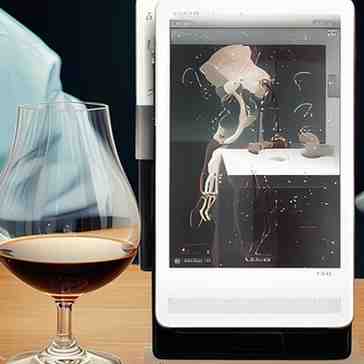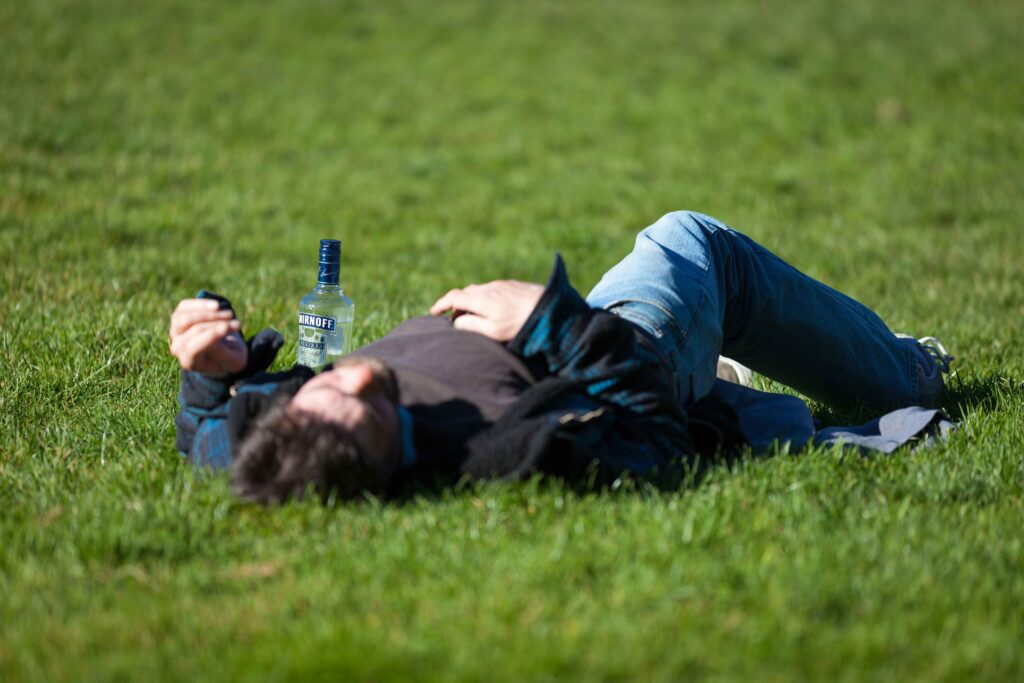Alcohol consumption is a social norm especially in Eastern Europe, Russia and Nordic countries. It has been observed that mostly men consume alcohol more as compared to women. There are several situations which lead to alcohol consumption such as social norm, stress relief ,demographics and family history. Although we all know excess alcohol intake might also cause consequences , there is a whole long list. But here, we will study alcohol consumption with regards to the prostate health of men.
IN THIS ARTICLE WE ARE GOING TO DISCUSS:
- Alcohol Drinking pattern in Men
- Effects of Drinking Alcohol on Men
- How Drinking Alcohol Habit cause Sexual Issues
- How Alcohol drinks affect an enlarged prostate BPH
- Alcoholic drinks after Prostate surgery
- Alcohol and Prostate Cancer
- Do alcohol hide symptoms for Prostate cancer ?
- Is it safe to Drink Alcohol with Prostate health issues ?
Alcohol Drinking pattern in Men
Call it a social norm or peer pressure, men are more into alcohol consumption than women, in numerous cultures. Sometimes it’s just a one drink in a social situation but often end up developing a habit of alcoholism.
According to some studies it has been observed that 20% drink daily and 60% drink at least once in a week. In which, 53% preferred alcoholic beer, 26% liquor and 21% wine. Also it has been seen that higher income men consume alcohol more frequently. Likewise college-educated men drink more.
Consequences are always there. Like in multiple research we have found out that chronic alcohol use affects multiple systems in the body, from endocrine system to liver system. Which impact men’s overall health and in long run it affects prostate health.
Effects of Drinking Alcohol on Men
More alcohol consumption often disrupts the balance of testosterone and other hormones in men, that further lead to systemic inflammation that may aggravate prostate issues. The impact of Alcohol consumption on men’s health is beyond short term. It could be very dangerous in the long run, which we will study later. Alcoholic men are often at risk, it can accelerate age related health concerns . due to the cumulative effect of alcohol on the body.
For instance, research indicates there is a correlation between heavy drinking and heightened inflammation in the body. Chronic inflammation is an indicator of many illnesses, including prostate problems. Prostate has high chances of damage in the long run due to heavy drinking. Heavy alcohol consumption in the long run can arise in many issues like Benign Prostatic Hyperplasia (BPH) and even prostate cancer.
How Drinking Alcohol Habit cause Sexual Issues
Sexual health is another area of concern for men due to alcohol’s intake. We already know that excessive alcohol consumption can disrupt the testosterone levels. Which is a hormone critical for maintaining liblido, overall energy level and muscle mass. In the long run alcohol use affects blood flow that can lead to sexual dysfunctional issues, like erecticle dysfunction and reduced liblido.
As some studies show, the man who consumes alcohol regularly has a higher risk of developing reproductive health issues. Which complicates his overall health including prostate wellbeing. Alcohol and men’s health are interlinked.
How Alcohol drinks affect an enlarged prostate BPH
Benign Prostatic Hyperplasia or BPH is a common condition in older men, in which prostate size gets bigger than the normal size. Which causes discomfort and uncomfortable urinary symptoms. For those men dealing with Benign prostatic hyperplasia or BPH, alcohol can worsen the symptoms and give rise to bladder irritation and increase urine production.
Alcohol drinks lead to frequent toilet tours which is a common concern for the men who are dealing with BPH. Urinary frequency ,urgency and even leakage can become a significant issue which damages the quality of life. Alcohol consumption may irritate the urinary tract and prostate gland, so these symptoms could become worse with alcohol intake.
Alcoholic drinks after Prostate surgery
For those men who undergo prostate surgery, specially transurethral resection of the prostate (TURP) or a prostatectomy, alcohol consumption brings more challenges. After the surgery due to treatment the prostate and surrounding tissues need time to heal. If the man starts drinking after surgery prior to healing the tissues, alcohol increase the inflammation and potentially leads to complications like bleeding and infections.
In this way alcohol slows down the healing process. Generally doctors ask the patient to limit the alcohol during the recovery period to ensure that healing is not disturbed. For those men who are suffering from alcoholism , it is important to seek help from therapists or nears and dears to manage alcohol intake to aid recovery effectively.

Alcohol and Prostate Cancer
Well, the link between alcohol and prostate cancer is quite complex. It has been said that heavy drinking may increase the chances of developing prostate cancer. The exact mechanisms remain unclear, but one theory says alcohol disrupts the hormone balance, which increases the likelihood of developing certain types of the alcohol, especially which affect the prostate.
Additionally it has been observed that alcohol speeds up the cancer progression in men who already have been suffering from prostate cancer. So it is advice to alcoholic men to minimize their consumption. As alcohol may compress the immune function, which makes it harder for the body to fight the cancerous cells.
Do alcohol hides symptoms for Prostate cancer ?
The answer is Yes. if a man with drinking habits (alcoholic man ) goes for his test of Prostate Specific Antigen Level (PSA Level), A common test of Prostate cancer. The result becomes unreliable for detecting prostate cancer. Because alcohol consumption lowers the PSA level in blood. In this way alcohol masks prostate cancer. Hides potential warning signs.and makes PSA level test less accurate.
Furthermore, the sedative and analgesic effects of alcohol can suppress the pain and discomfort, which may cause delay in detection of prostate health issues. Men with a habit of heavy drinking miss the early warning signs of prostate health problems, as their symptoms can be hidden with alcohol.
Is it safe to Drink Alcohol with Prostate health issues ?
Having alcohol with prostate health issues required caution. Generally it is advised to avoid alcohol as much as possible or limit intake. As it could mask potential warning signs further it causes inflammation especially during Active prostate cancer treatment ,Severe urinary symptoms ,Prostatitis flare-ups and Medication interactions.
Remember personalized advice from a urologist is mandatory. Don’t forget to consult your healthcare provider.
Conclusion
Let’s take a break and consider the connection between alcohol and men’s health. It is essential for those who want to remain in best health and want to maintain a high quality of life well into their later years. Always remember drinking (alcohol consumption) is a choice , men who are well informed about the risks and want to keep prostate health in best condition can make decisions which may reflect beneficial in their long term health.

